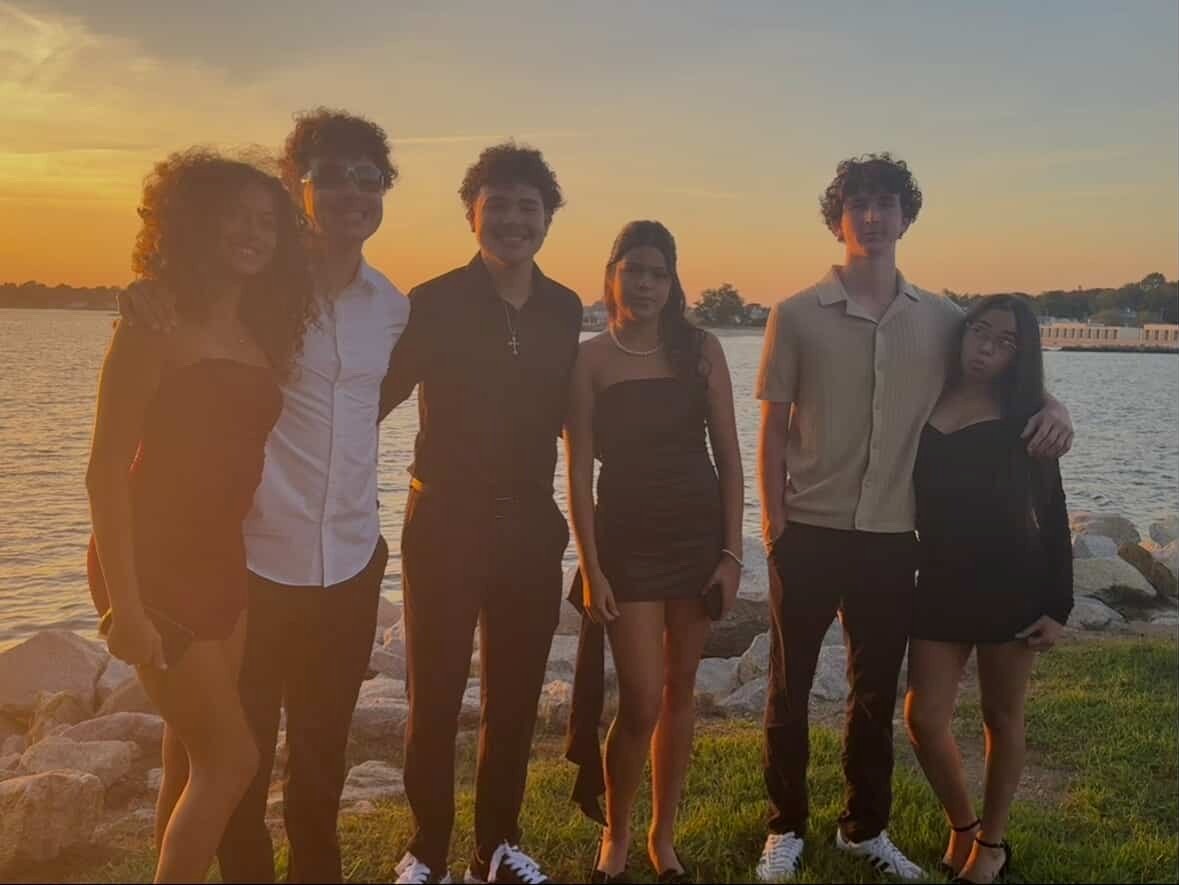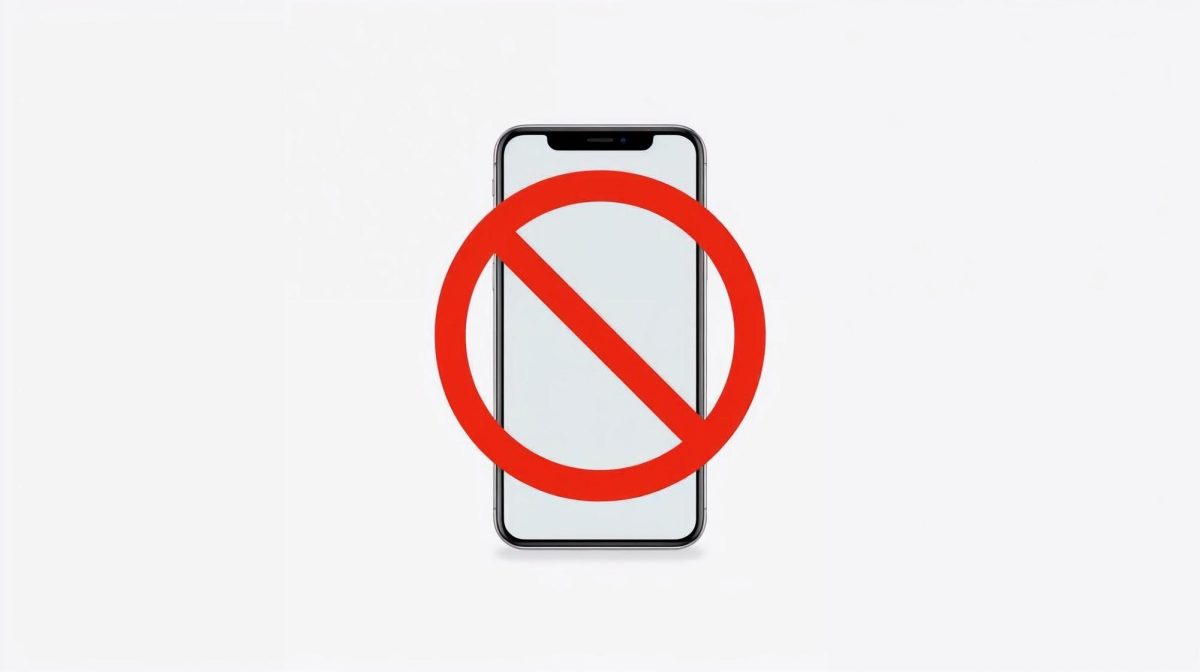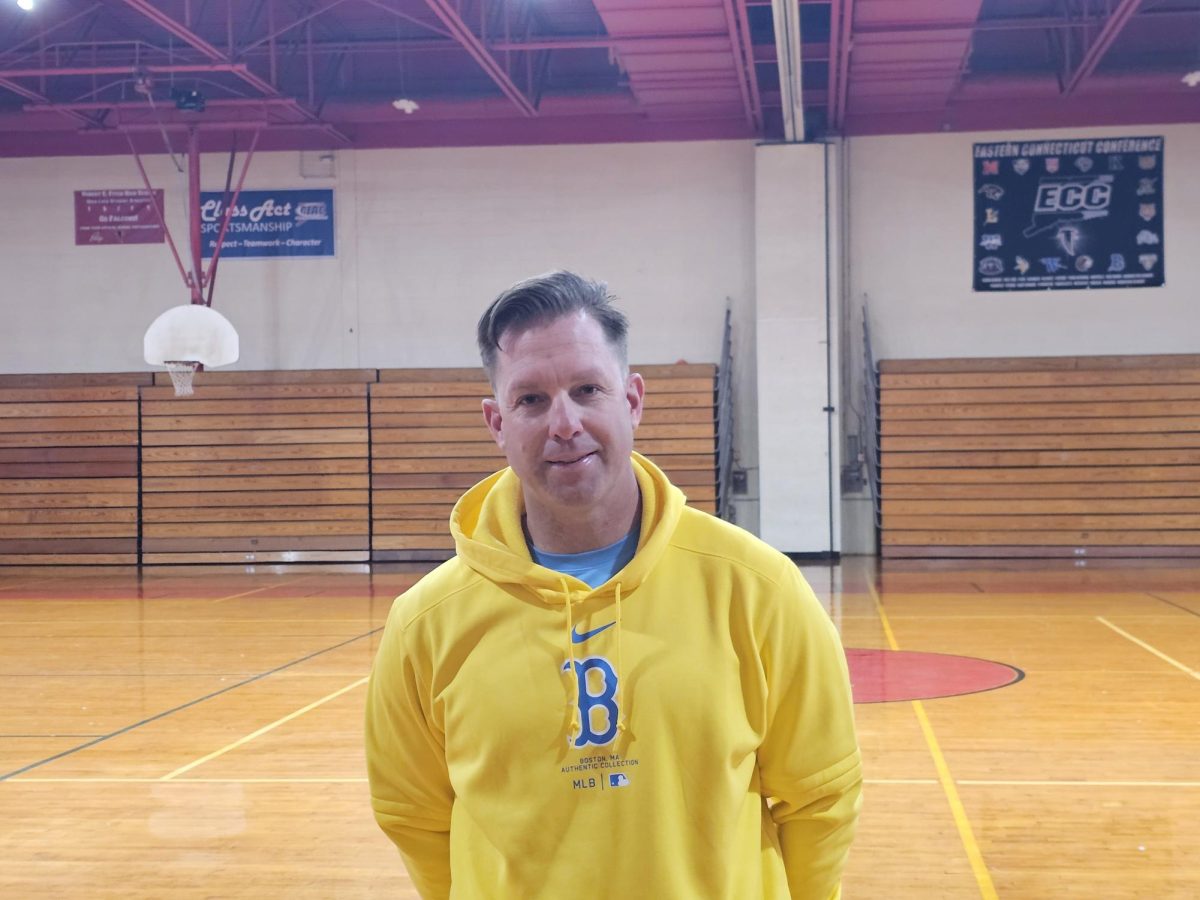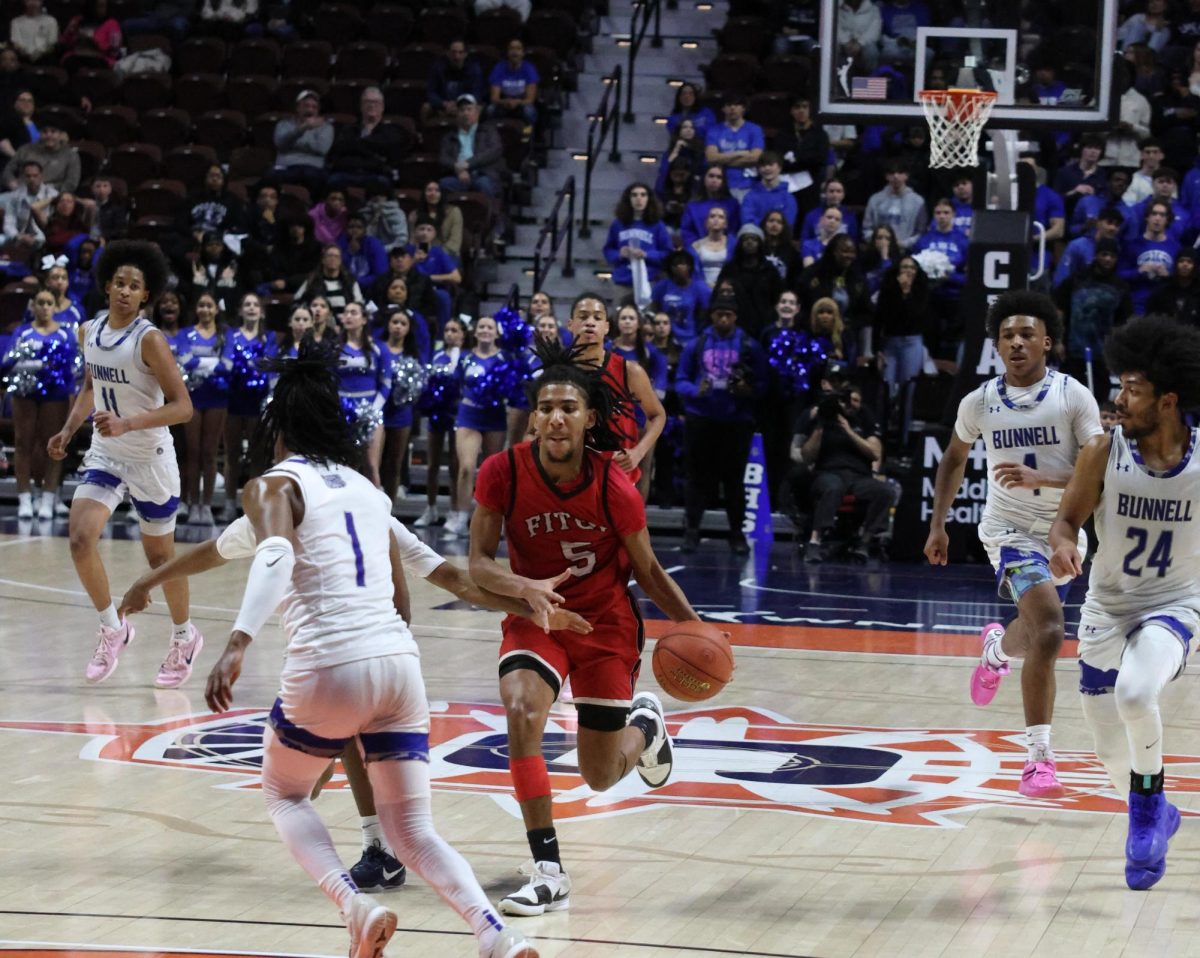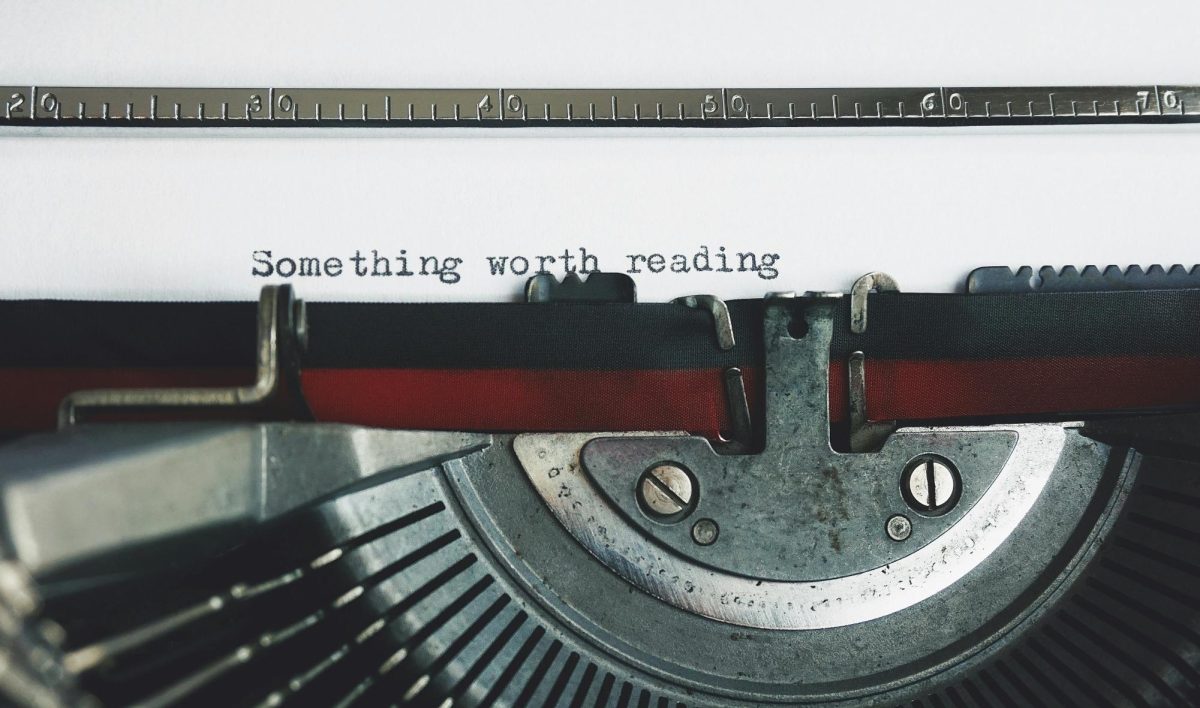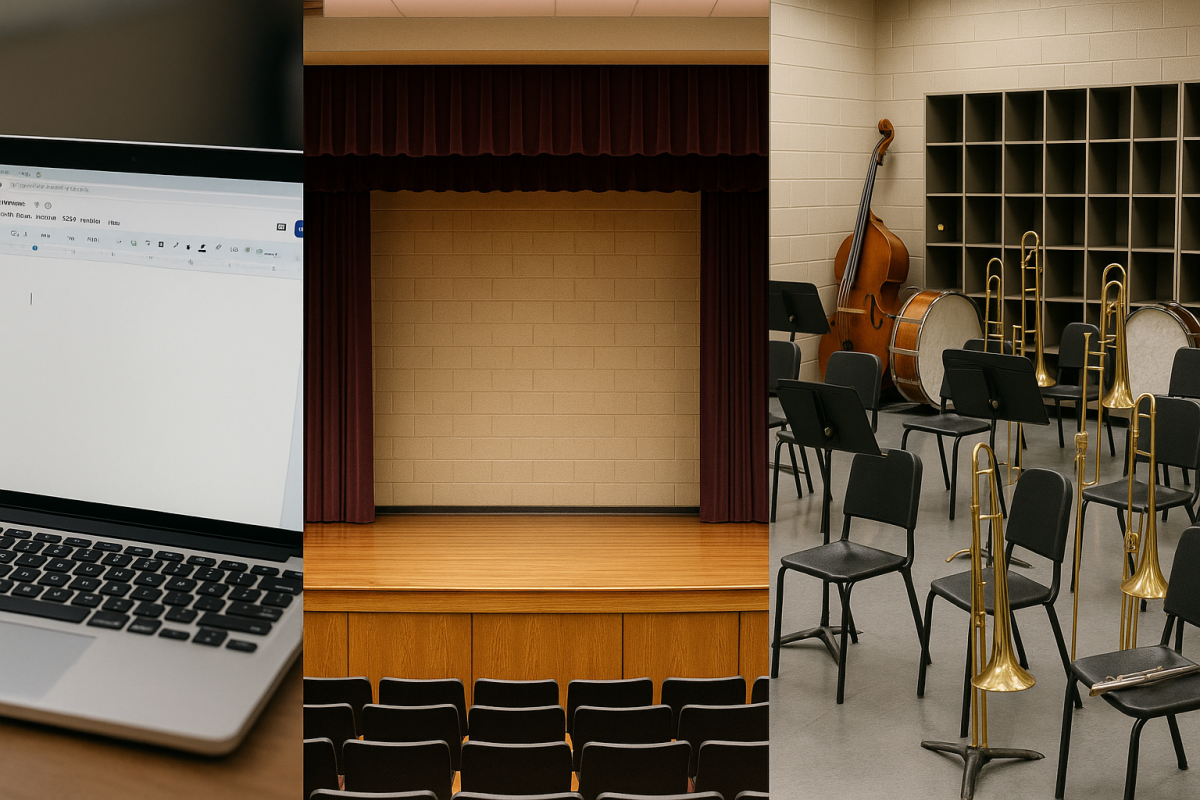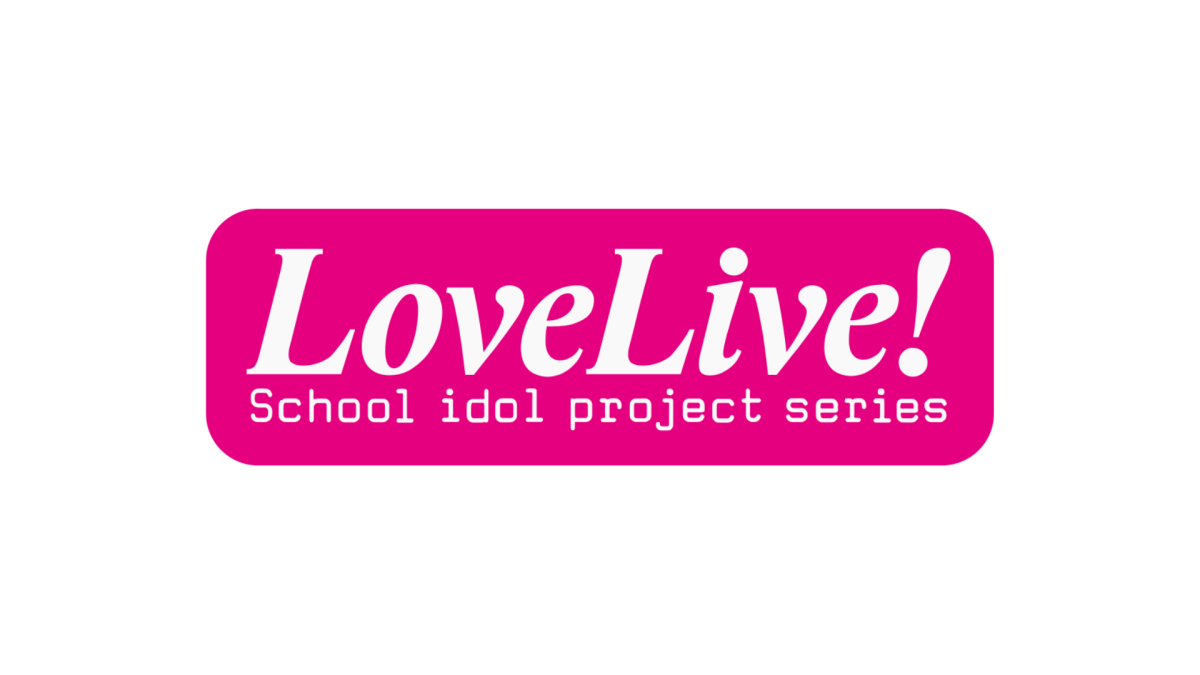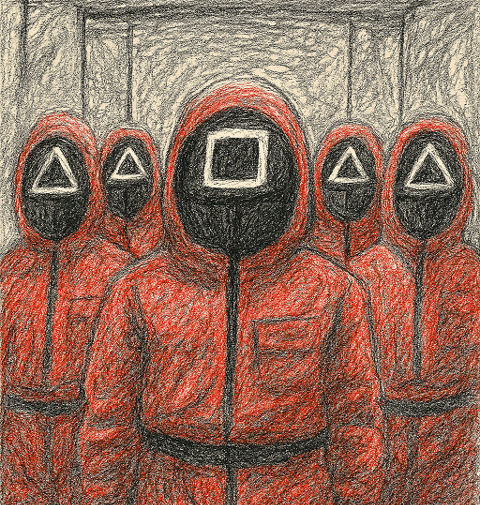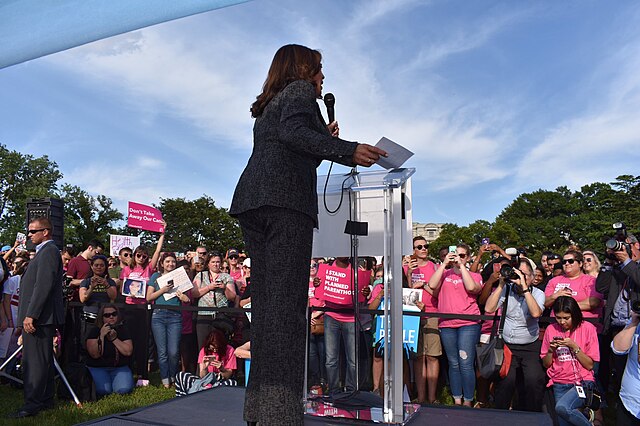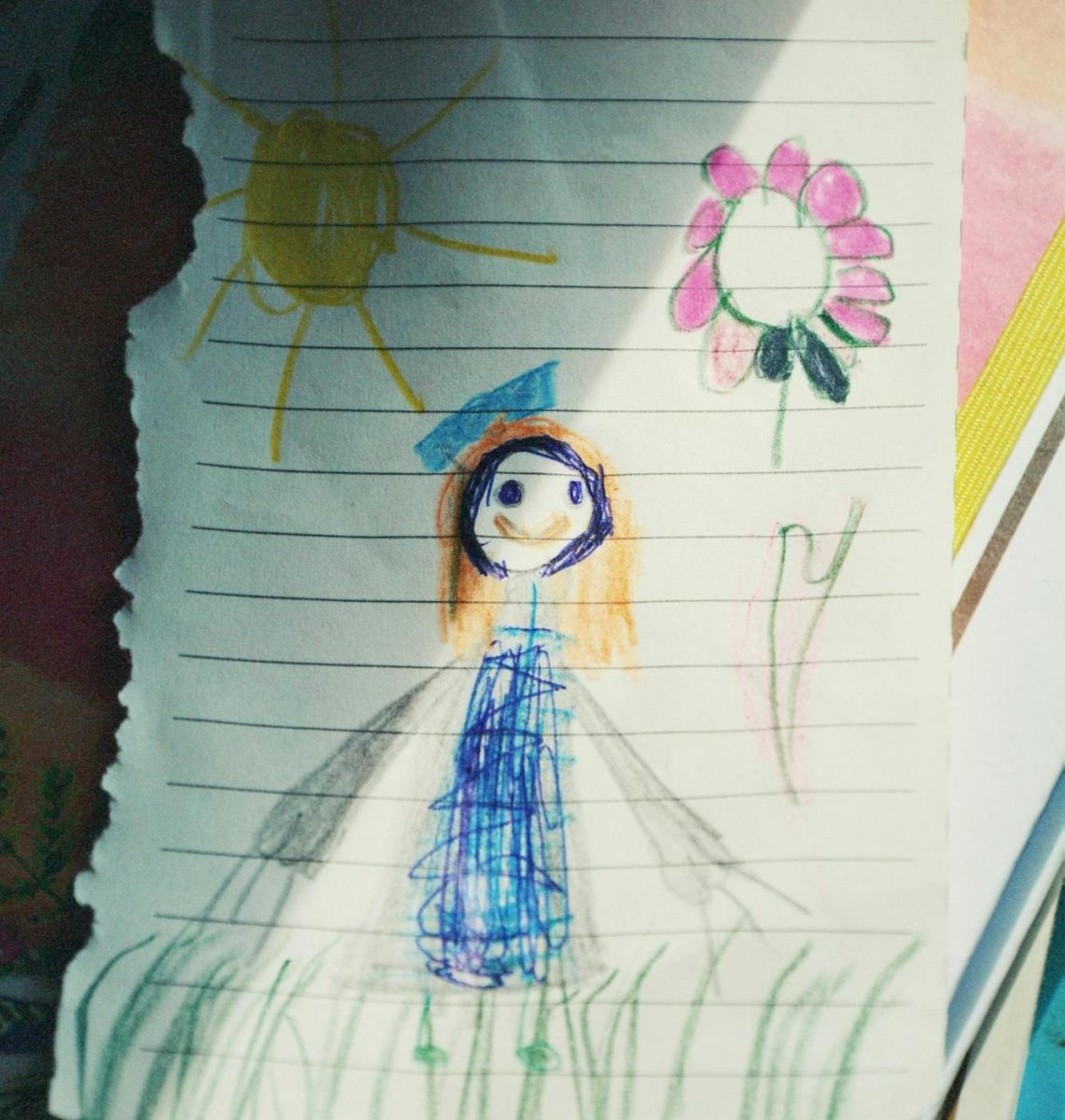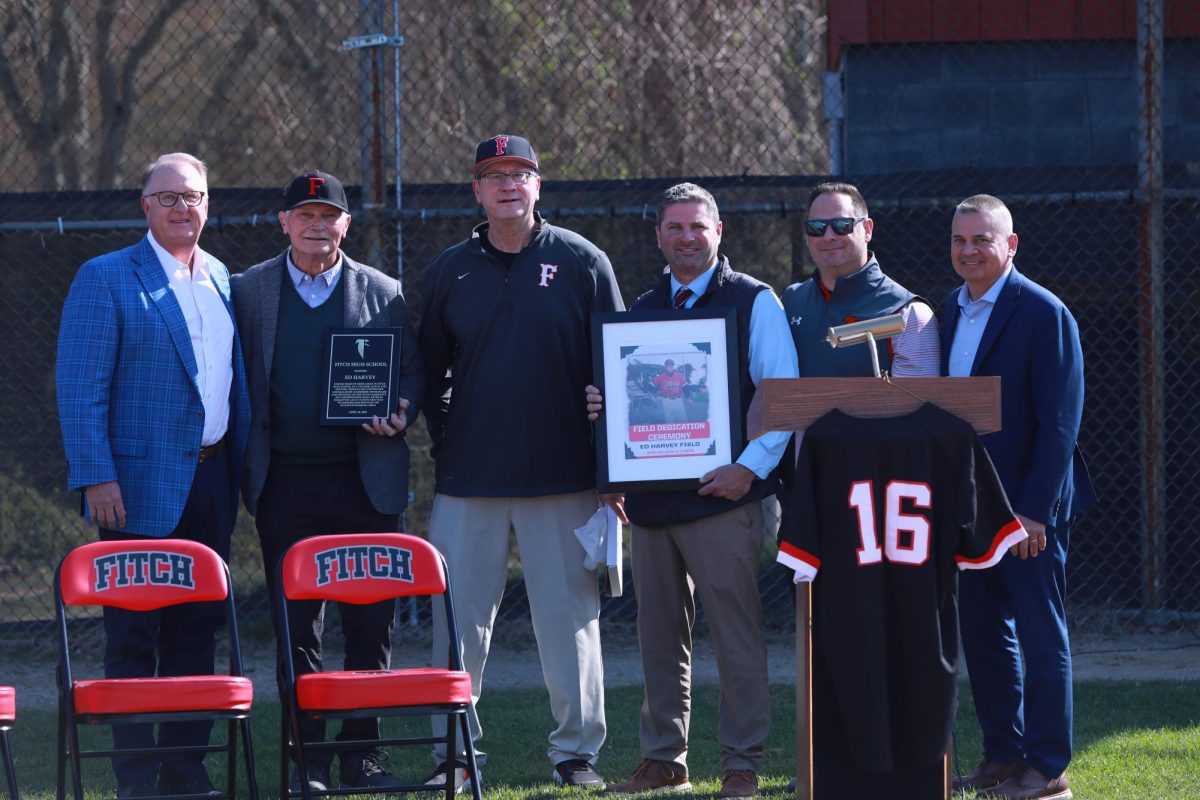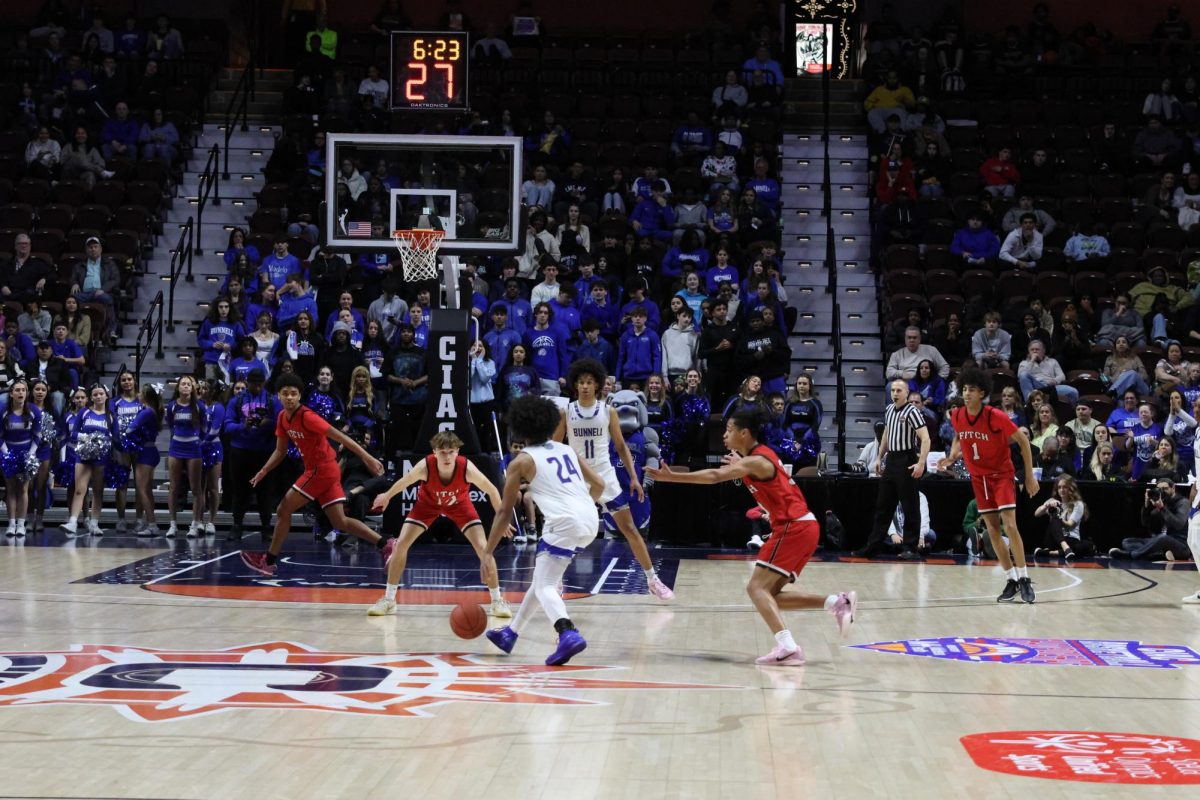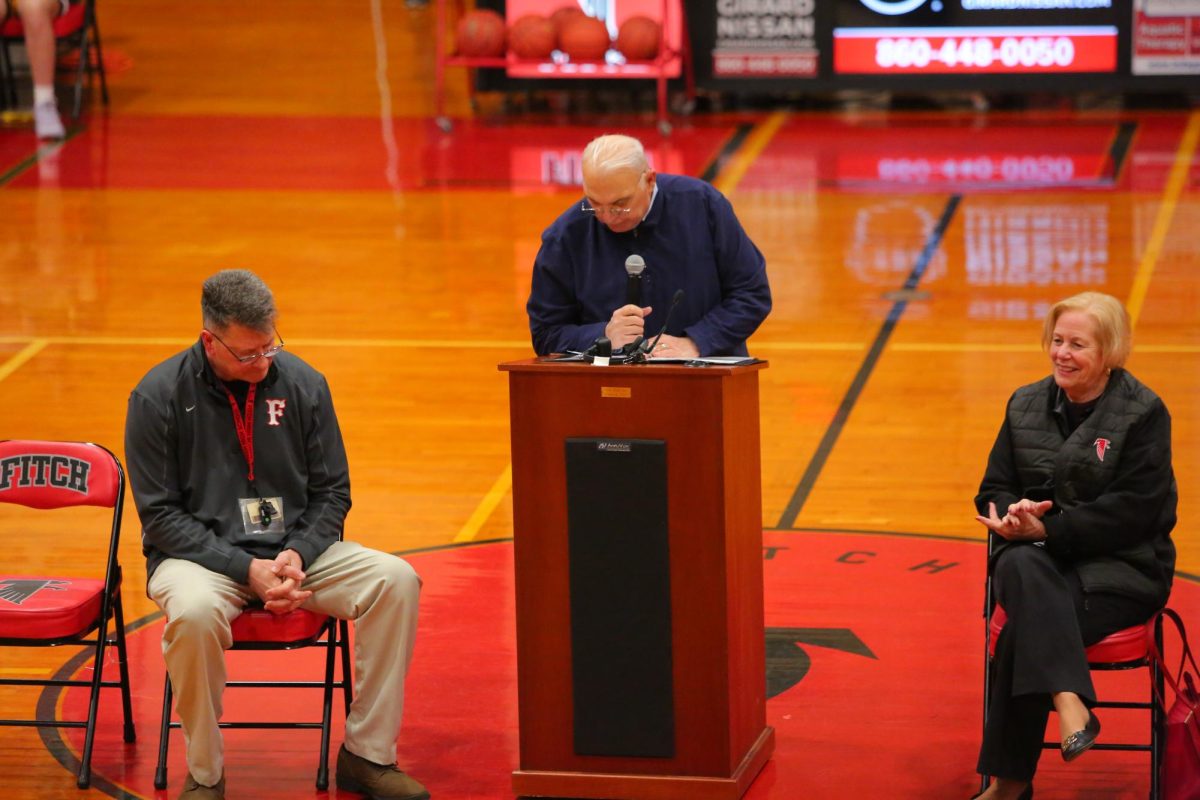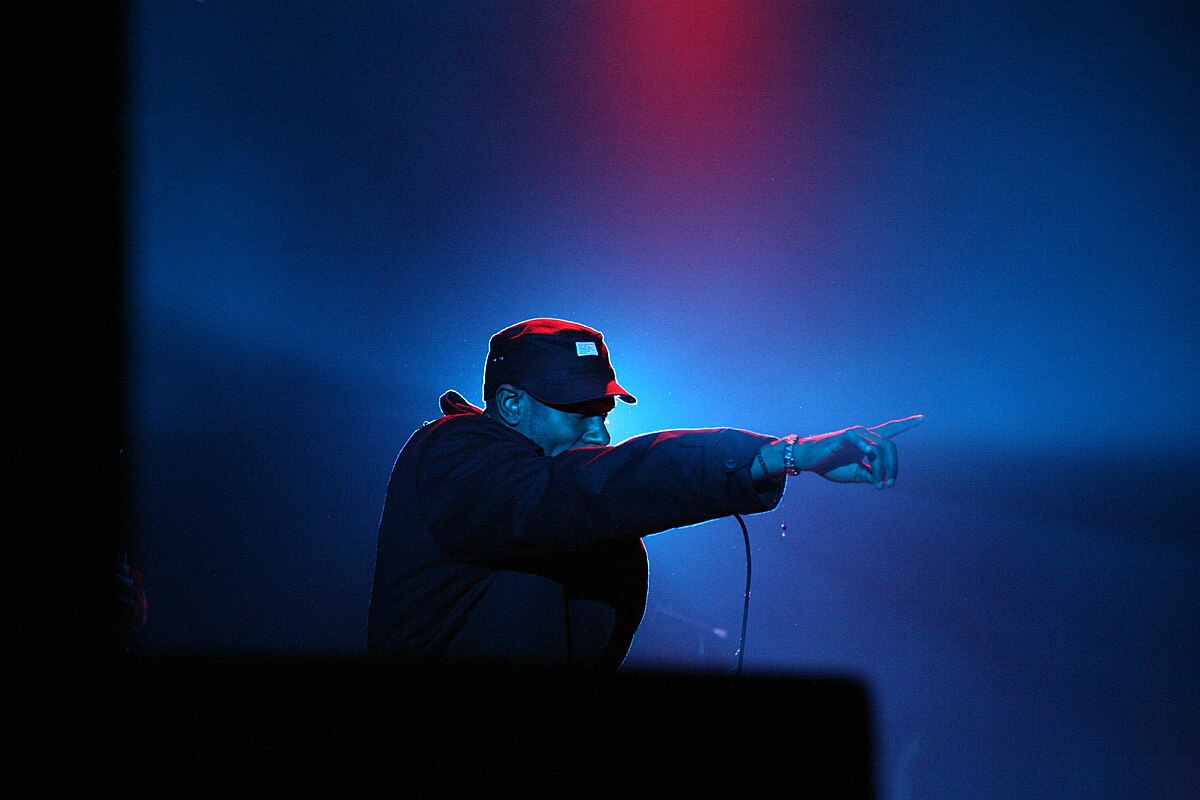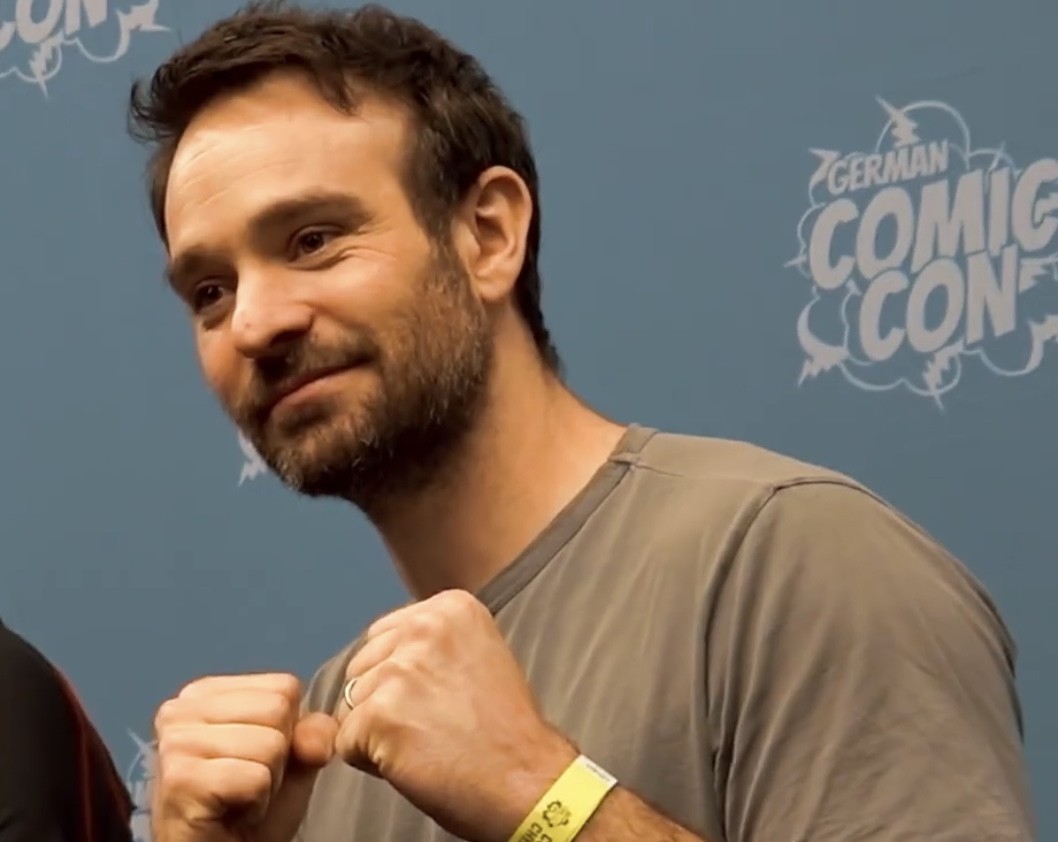As I dive deeper into the rabbit hole of music and albums, hip-hop has stuck with me as a personal favorite genre. Maybe it’s because of the otherworldly production that some albums have offered to the world. Maybe it’s because rap can be fun and exciting, or dark and political, or emotional and beautiful (or perhaps all of those at once) in ways that no other genre can. And though I have listened to hundreds of albums thus far, very few have impacted me as intensely as this one.
Mos Def, now known as Yasiin Bey, became not only one of my favorite rappers, but one of my favorite artists unbelievably quickly. Ironically, I was hesitant to listen to this album for one reason or another. I had seen a small group of people rave about this record online but I just never felt drawn to it. I had even heard Mos featuring on tracks from other artists I liked, from The Roots to Gorillaz and a few others. Perhaps it was the intensity of the title, Black on Both Sides. Or maybe I was simply preoccupied with other music at the time. Regardless, I was finally exposed to the actual music of this thing after a used copy had come through at the record store I work at, the Mystic Disc. It didn’t click right away. I couldn’t even tell you what part of the album I heard there, but subconsciously something must’ve stuck in the back of my mind. Within the next few weeks I had played a few songs on Spotify and I knew instantly that I was getting myself into something big. I bought the vinyl before I had even heard the whole thing front to back (which I typically NEVER do), but I didn’t care. I knew this record was gonna change my musical journey forever.
This is Mos’ debut solo record and follows the debut album of his collaborative project Black Star, which features fellow rapper Talib Kweli. It was released on October 12, 1999, by Rawkus and Priority Records. Instrumentally, this thing is a mash of live playing and the fundamentals of classic hip-hop (beat machines, samples, etc). There’s a wide array of producers across the 17-song tracklist, however there is a very consistent and overarching atmosphere from beginning to end. While Mos taps into the classic soundscape of east-coast, jazzy boom-bap, there’s an extremely unique vibe to this album. The drum choices are superb, with a colorful punch that is pure ear candy. Honestly, it is one of my favorite drum sounds ever. There are layers of extra percussion across the tracklist; everything from shakers to bells, and even a vibraslap, all played live. A lot of songs have a darker tone with warm, watery keyboards, dusty horn samples, lo-fi synthesizers, and cinematic strings. I can’t forget about Mos’ groovy bass playing on a handful of songs as well, which is just another impressive component of this project. The literal composition of the tracks is very well done, with the slow layer-by-layer build-up of the opener “Fear Not of Man,” the aquatic texture and urgency of “New World Water,” and the complexity of the sample-based beat in “Mathematics,” to give a few examples. The soundscape lays the foundation for the album, bringing you right onto the cold streets of Brooklyn, and providing space for Mos to weave his way into the music vocally and lyrically. It all also just happens to be extremely enjoyable and quite pleasant on the ears.
Now to address the star of the show: Mos Def himself. There is a lot to unpack thematically and lyrically but I want to take a second to discuss his performance in general. Plain and simple, Mos is a natural MC. His swagger, confidence, and buttery-smooth flow are just so easy to listen to and undeniably impressive. He glides effortlessly over every beat, switching up rhythm and displaying every emotion while maintaining a semblance of connectedness, even at the most potent moments. For the majority of the time, Mos can sing quite well too, with some pretty sweet melodies on a handful of cuts. While his singing voice isn’t the most breathtaking thing in the world, it’s certainly listenable. I personally think its rawness adds to the genuine feel of the whole record. Another noteworthy performance comes at the end of “Rock N Roll,” in which Mos attacks the listener with a minute-long rampage in the form of a satirical punk rock breakdown (it’s awesome).
While personality is important, this is all elevated and tied together by the lyrical work here. If you haven’t guessed by now, this thing tackles some hefty issues, especially involving racism, so just a heads up (though if that bothers you, you might have a bigger problem). Mos opens the album with a few pretty uplifting topics, talking about the future of hip-hop and how humans need to find value in themselves. He touches on the history of the genre on “Hip Hop” and how it’s affected his life and the world at large, detailing stories of writing rhymes and performing. Following this he contemplates love in a few ways, with the track “Love” and one of the most vivid storytelling rap songs in history with “Ms. Fat Booty.” Towards the middle of the album things get a bit more intense, ranging from street violence, the effects of living a braggadocious lifestyle, and making reckless choices on “Got” and “Speed Law,” as well as other topics like pollution, climate change, urban gentrification, and an ode to his hometown on “Brooklyn.” The heaviest tracks on the album to me are as follows: “Mr. N*gga,” in which Mos brutally details the story of a “famous rapper” character who is constantly stereotyped and disrespected despite his hard work and fame, serves as a metaphor for the unjust yet common experiences of African-Americans and the double standards between white and minority celebrities. There is also “Climb,” featuring beautiful vocals from hip hop’s beloved Vinia Mojica and tackles mental health, loneliness, and people making rash decisions to battle their own demons, with Mos asking the listener to “not make any fast moves.” Lastly, there is “UMI Says,” which is probably the most tender moment among the tracklist, with Mos singing in a stream-of-consciousness freestyle, addressing human imperfections, feeling discouraged, trying to live in the moment, and bluntly wishing for “All black people to be free.”
The way that Mos balances emotional intensity, vocal performance, and musicality, while still making a fun album to listen to is a testament to his multifaceted talents (oh, did I mention he’s an acclaimed actor as well?). His ability to deliver important messages while using witty wordplay, clever references, and impressive double entendres showcase his advanced pen game. All of this on top of the outstanding instrumentals and atmospheric production truly makes for a worthwhile listen. There’s a reason that this album has become so special to me, and why I believe it to be so essential. It’s a project that I would recommend to any fan of music, even if they aren’t a huge fan of rap because it is just so powerful. While there are many artists and groups who have made socially significant albums, this is one that I don’t hear talked about enough. So seriously, please check this thing out, sit with it, digest it, and enjoy it.

